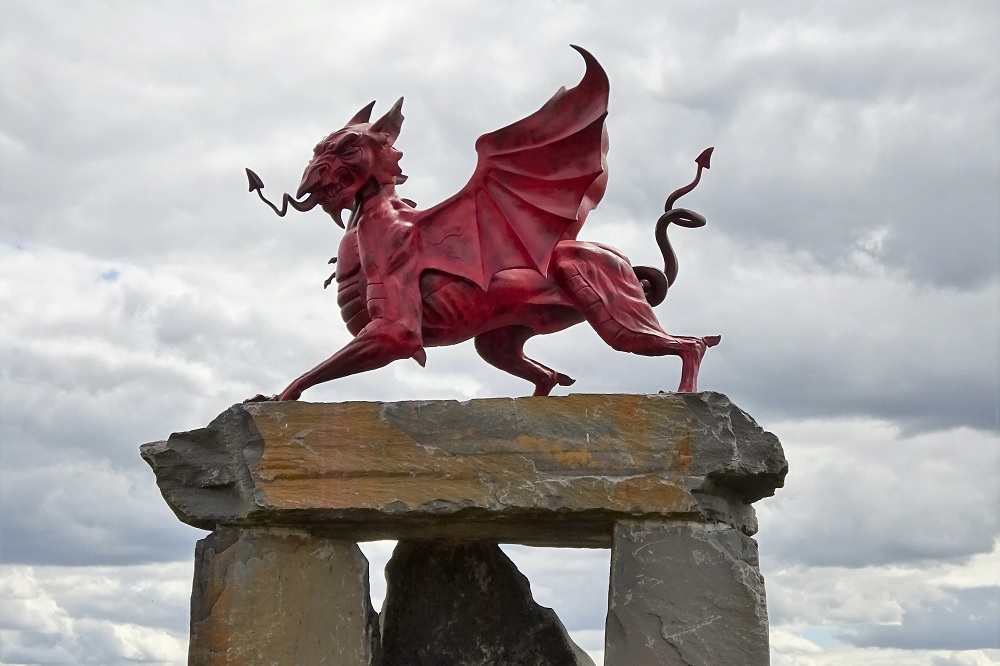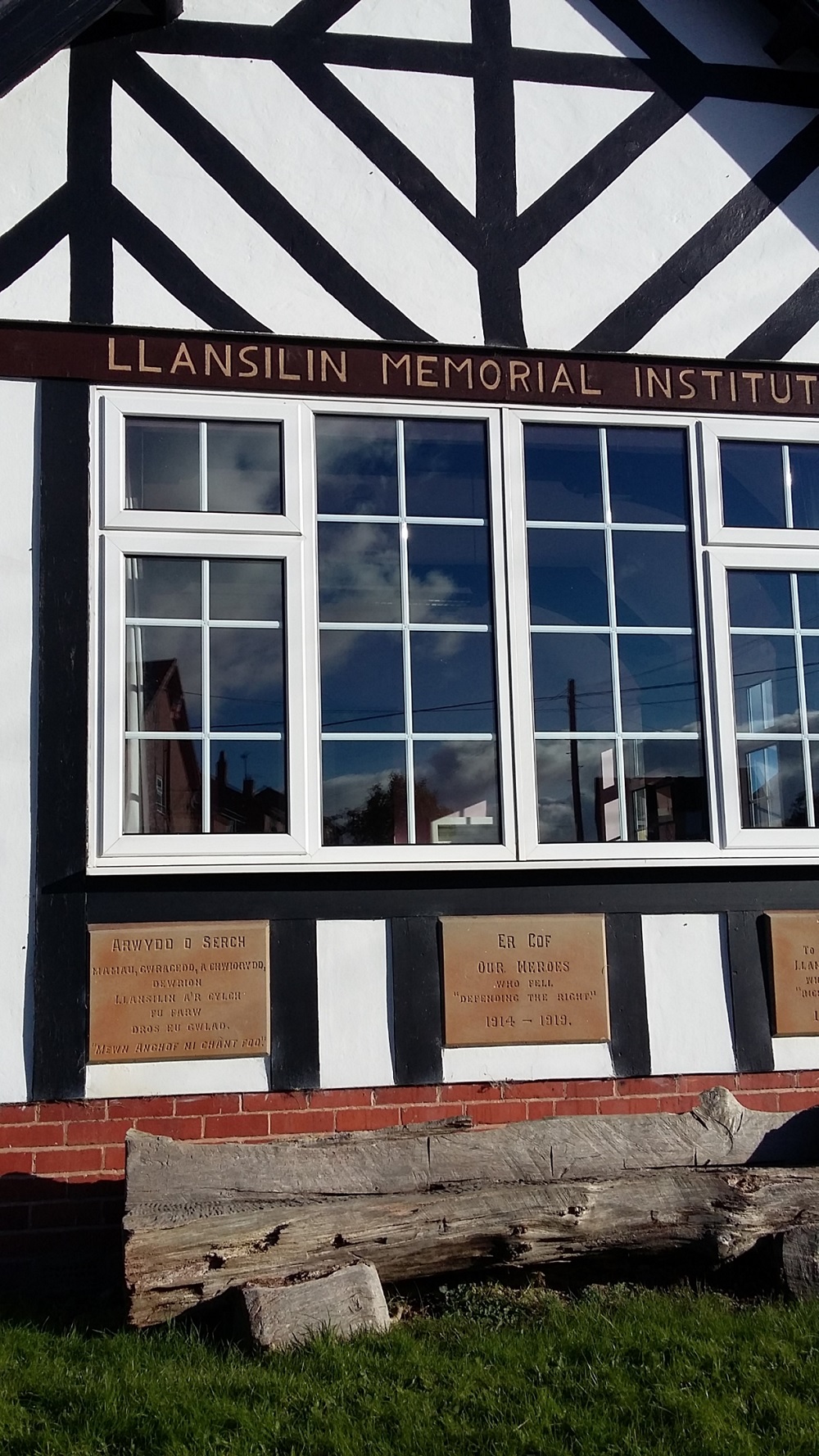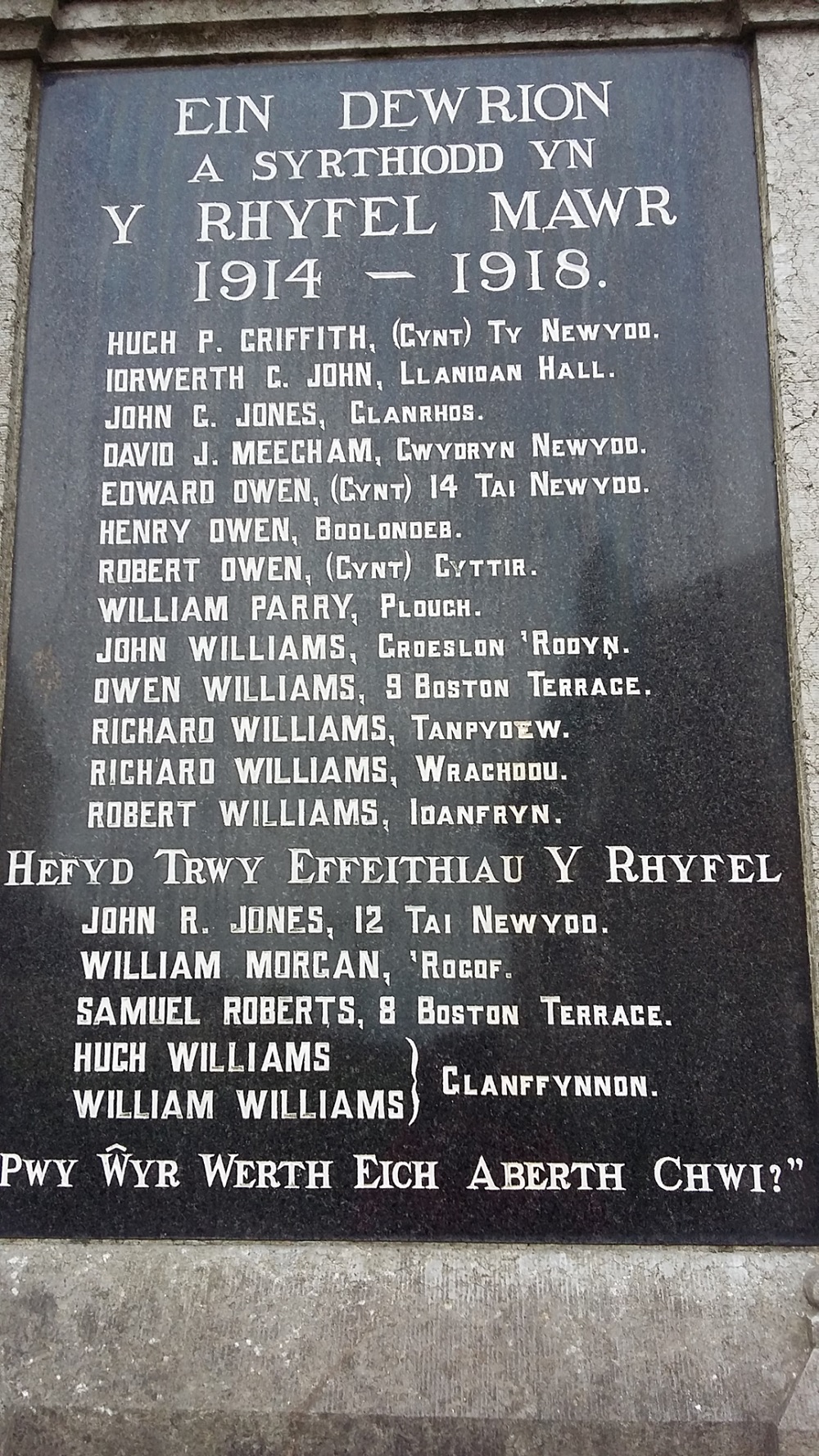How Welsh language communities remembered their war dead differently

Stuart Stanton
The imagery of First World War remembrance is familiar to all of us, thanks to the preponderance of TV, Radio and Newspaper programmes and articles relating to Remembrance Day.
The terrible images of the trenches, the twisted barbed wire, the mud, and the serried ranks of BBC presenters and personalities wearing poppies.
The format and language of the ceremonies is very similar throughout most of the United Kingdom, essentially celebrations of common unity beneath God, the Monarch and the Empire.
This ‘Rememberance’ has become the accepted way to note the First World War on November 11th.
However, it is pertinent to ask whether it was the most relevant to the Welsh experience of the Great War.
The true figure of Welsh servicemen who lost their lives either in the Great War – or as a result of it – can only be estimated, even today. A figure of 35,000 is a realistic total.
It was, by any measurement, an extraordinary and unparalleled period of time.
It was made even more traumatic among Welsh-language communities such as Bryn Du as all official War notices, including that of a death, were made through the English language.
Within Wales, and more particularly those communities where Welsh was the prime language in the immediate post-War years, ‘Remembrance’ took on a different format.
Memories

The memorial shown stands in the Anglesey village of Bryn Du, part of Llanfaelog Parish south of Holyhead.
The sculptural format is Biblical, depicting the Old Testament parable of the broken column, a metaphor for an unfinished journey.
The inscribed include poetry from the local Reverend, William Morris. It speaks of the servicemen who give their blood, for it was all they had to offer due to their poverty.
In contrast to England and the mostly English-speaking areas of Wales, not only the names, but also the ages and home addresses of the eleven casualties are all inscribed, in the manner of a Welsh gravestone.
The focus of the memorial is very much on the men, or rather ‘bechgyn’ (the boys) who lost their lives.
The Bryn Du memorial can be said to more accurately reflect the notion of ‘Forgetting’ than ‘Remembrance’.
It stands for ridding memories of battlefields, guns and dead bodies and more for actively engaging with ‘the boys’ rather than the symbolism of war.
It brings them spiritually home to where they belong by virtue of substitute, de facto, gravestones.
Sacrifice
Similar memorials can be found throughout Anglesey and a broad sweep of country extending down to the Preseli Hills and the banks of the Severn.
Examples exist in Welsh-speaking enclaves as far south as Llancarfan in the Vale of Glamorgan.
The illustration below, from a parish at the time partly in England, is possibly unique as it begins ‘Arwydd o Serch’ (A sign of love) and includes ‘Mamau, gwragedd a chwiorydd’ (Mothers, wives and sisters) again emphasising the way that those named on the memorials were rooted in their communities.

The most pointed example of ‘Forgetting’ can be located, though not visibly, in the Anglesey village of Aberffraw.
Here the community made the stark decision not to erect any form of public memorial to their dead. They wished for no further remembering of the War.
The decision of Anglesey Council to place a memorial stone in the church graveyard in 2014 was not universally popular.
The stark reality of this scenario is, given the seemingly compliant official acceptance of ‘Remembrance’ with all its adjacent motifs, a difficult one to embrace.
In Welsh terms, the almost monotonous message of November 11 is less problematical and perhaps best understood by a further example from Anglesey, this time from Brynsiencyn.
It was the home of the Rev. John Williams, the most well-known of the preachers whose sermons were little short of recruiting rallies.
He became known as Lloyd George’s Chaplain following his elevation to the rank of Hon. Colonel.
It is perhaps fitting that the simple inscription outside the Memorial Hall translates as ‘Who can say the value of your sacrifice?’

Support our Nation today
For the price of a cup of coffee a month you can help us create an independent, not-for-profit, national news service for the people of Wales, by the people of Wales.





